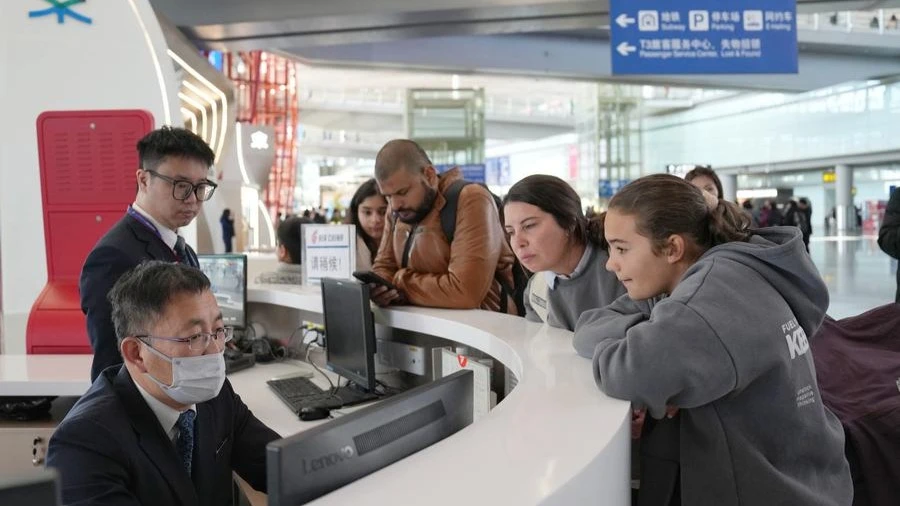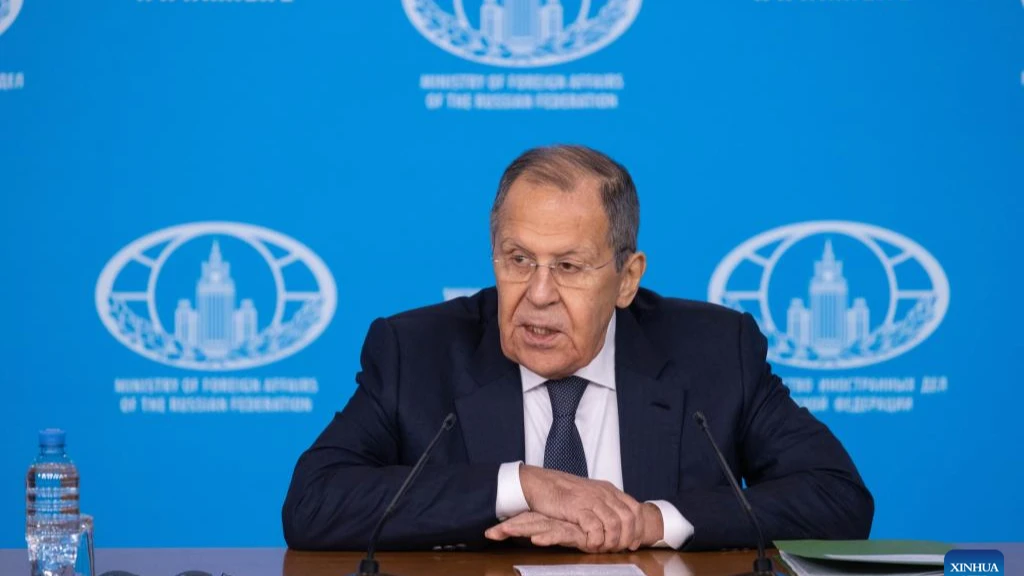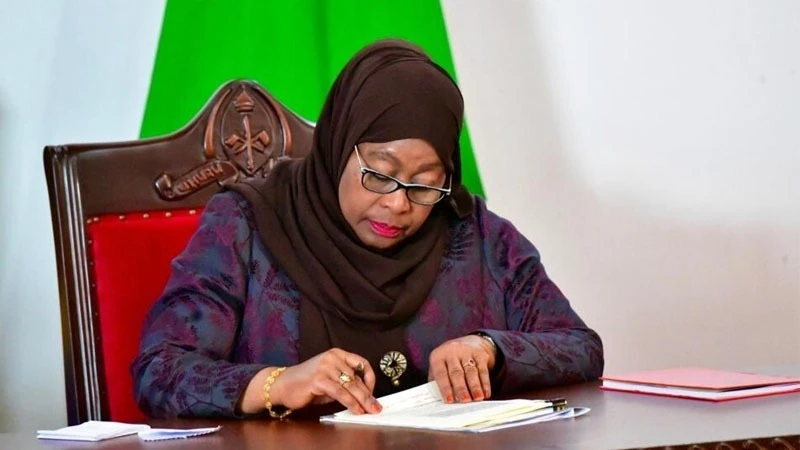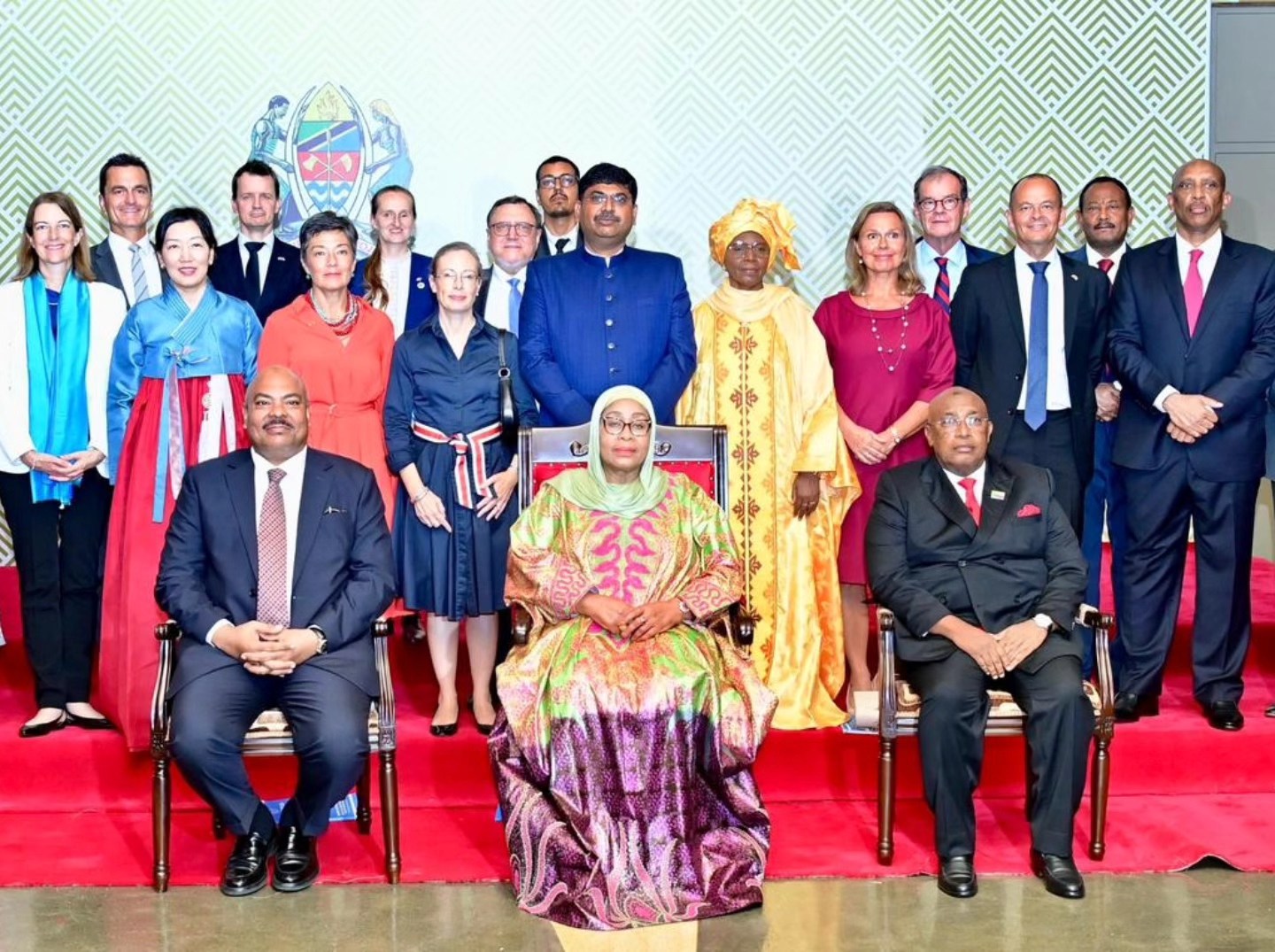Ruvuma Basin riparian states sign up key MoU
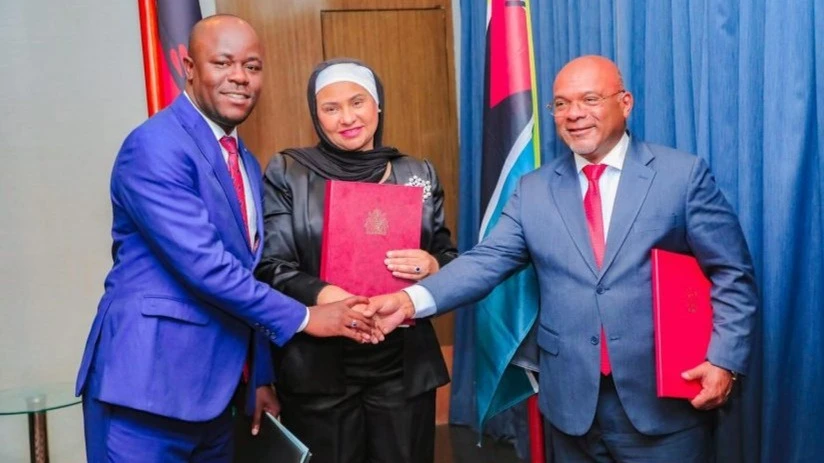
RUVUMA River Basin riparian countries—Malawi, Mozambique and Tanzania - have signed a memorandum of understanding for the formation of a common organisation to oversee the use of river basin resources and ecology.
Jumaa Aweso, the Water minister and his riparian states’ colleagues signed the agreement at the council of ministers meeting grouping the three states in Dar es Salaam at the weekend, with the MoU seen as a reference point for further discussions on basin management cooperation.
A basin treaty is expected to be drafted to set up a Ruvuma River Basin Organisation in pursuit of stronger cooperation in river water management, where the riparian states are receiving support from the Southern Africa Development Community (SADC).
SADC and the riparian countries are working with the German aid agency GIZ-TWM, the International Conservation Union (IUCN)., the Gobal Water Partnership for Southern Africa (GWPSA) and WaterNet, a Netherlands water supply agency linked with SADC, while the overall project is lined up for financing by the Global Environment Facility (GEF).
The minister said at the meeting that the riparian states’ governments expect to maximise their contributions to the mutual management of the river basin resources, as the pact foresees the strengthening of cooperation on the use, development, protection, conservation and sustainable management of the basin resources.
Carlos Mesquita, the Mozambican minister for Public Works, Housing and Water Resources said in a statement that included Abida Sidik Mia, the Malawi minister for Water and Sanitation, that the agreement serves as a platform for cooperation among the partners, to assess the progress of the basin roadmap and discuss the implementation of the subsequent project.
The agreement would bring numerous advantages to the three countries, on account of the openness of member states to the development of regional projects, mobilising financing for their implementation, resulting in economic and social benefits for the communities living along the basin environment, he said.
He said that he river basin is unparalleled in the SADC region as a shared basin that is more or less entirely in its natural condition, lacking storage infrastructure like dams. “This river basin is rich in aquatic and terrestrial biodiversity, and a large part of it is still intact,: he stated.
“In this sense, Mozambique considers that there are many challenges for its management, with emphasis on the sustainable use and guarantee of water supply to the main water-using sectors,” he asserted.
He pointed at basin vulnerability associated with water (floods and droughts), water quality and health of the aquatic ecosystem, as well as the need for good water governance and implementation of an integrated water resources management scheme, from the perspective of transboundary water management, he elaborated.
The river basin has a length of for 760 km, 650 km of which relates to the river serving as the border between Mozambique and Tanzania, where in Mozambique it encompasses the 42,400 square kilometre Niassa National Reserve.
It covers parts of Cabo Delgado and Niassa provinces, whose development is likely to be boosted by the implementation of an integrated transboundary scheme, he said, affirming that existing challenges increase the need to adopt structural and non-structural measures which require cooperative actions between the riparian states.
“In the current context of climate change, in which our region was hit by El Niño, we hope that the ongoing initiative will help to promote integrated and sustainable resource management,” he said.
This will be done chiefly by implementing measures to guarantee water safety in the entire basin to mitigate the occurrence of water-borne diseases like cholera or diarrhoea, also reducing instances of water scarcity for users, he elaborated.
SADC water cooperation is also envisaged on the Zambezi River basin groping Zambia, Malawi and Mozambique in particular with the Cahora Bassa dam as the principal river basin development feature cited so far.
To this effect the Zambezi Watercourse Commission (ZAMCOM) was agreed earlier this year but the marginal partner state Malawi is yet to ratify the agreement setting up the commission, he added.
Top Headlines
© 2025 IPPMEDIA.COM. ALL RIGHTS RESERVED








